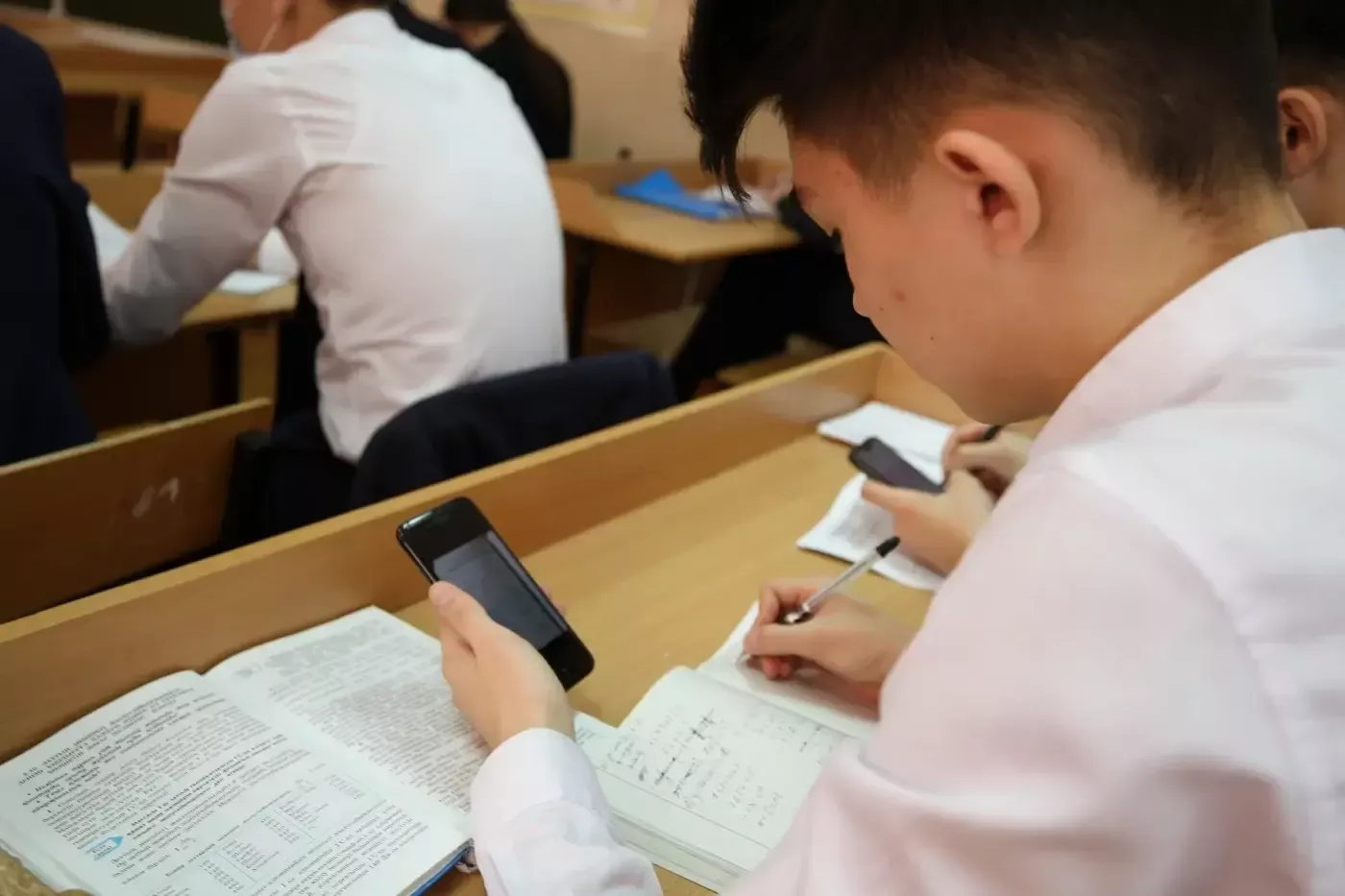
An international group of researchers concluded that banning smartphones in schools may not yield the expected positive results. According to a study conducted by scientists from 11 countries, these restrictions do not significantly improve adolescents' health, sleep quality, academic performance, and behavior during classes.
Banning smartphones is not a solution
The research began during the evaluation of the effectiveness of policies to limit smartphone use in schools in England. The results showed that such restrictions do not fully address existing problems. In some cases, they may hinder the development of children's time management and concentration skills. Scientists emphasize that modern technologies have become an integral part of daily life, and completely banning them is not a constructive solution.
Complex approach – effective solution
Researchers recommend implementing educational programs for children, parents, and teachers on the effective use of modern technologies. They propose organizing "digital hygiene" classes in schools. In such classes, children will learn:
- To limit smartphone use before bedtime;
- To critically evaluate information on the internet;
- Practical skills such as adhering to online safety rules.
Additionally, experts emphasize the need to support parents as many of them do not know how to discuss gadget use with their children. Therefore, it is important to develop special educational programs for them as well.
Correct approach for the new generation
Since modern technologies have become an important part of children's lives, guiding them correctly rather than banning them may be an effective solution. Instead of a one-size-fits-all approach to limiting smartphone use in schools, it is advisable to develop the necessary knowledge and skills for students to become conscious and responsible users in the digital world.